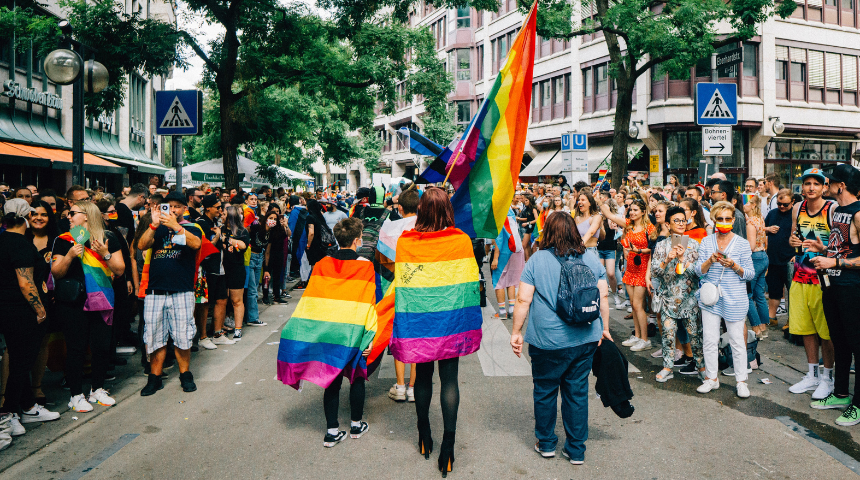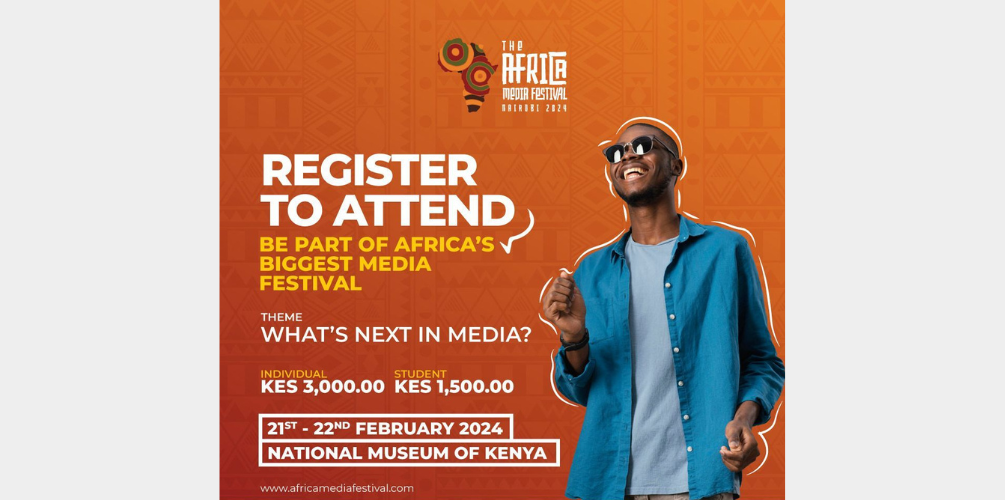Lessons and reflections ahead of the second annual Africa Media Festival
In 2019, Luminate supported the formation of Baraza Media Lab, a space that aimed to provide community for journalists. But as the lockdowns prevented in-person activities, Baraza Media Lab quickly adapted and supported media practitioners during the pandemic. Luminate’s Nkirote Koome spoke with Baraza Media Lab’s Lead Curator Christine Mungai about their new plan, and the second edition of the Africa Media Festival scheduled for 21 – 22 February 2024.
How has Baraza Media Lab’s work evolved over the past few years?
The first year of Baraza was also the first year of the pandemic. We spent the first two years thinking about how to meet the needs of our community during that unique global situation. A lot of what we had envisioned as Baraza would work where people could be physically present. But we quickly shifted gears to virtual programmatic work, identifying skills gaps and filling them, and strengthening our own team.
This was also a time of massive job losses, which inadvertently led to a boom in content creation. Our recovery was quick when we came back to the office. People reached out to us to explore ideas and experiments and we supported them.
Now we are thinking deeply about how to meet those emerging needs, and how to make a systemic impact.
When we were ready to return to the physical space, we launched the first ever Africa Media Festival in 2023 as a signature event to mark our presence on the continent. With our new strategy, we are looking at systemic problems from a bird’s eye view to create better resources for the media community. For example, we could offer training programmes for podcasters, and other skills to support new media. But the problems that African podcasters face, or the creative economy in general, are larger than one person’s upskilling. Wider conversations are required. People who hold different pieces of that puzzle need to be in the same room so that young Africans can make a living out of podcasting.
Who should attend the second edition of the Africa Media Festival, and why?
The festival is ideal for media practitioners. I mean this in a broad way: journalists, YouTubers, media start-ups, and innovators will find an opportunity to learn. This year’s festival is geared around generous knowledge sharing. We don’t have many panels with people talking down to groups. Instead, it is all horizontal with speakers and attendees sharing, “This is what I managed to do, this is how I can help you.” We have a session for demos where people can showcase innovations such as apps, products, and solutions.
We hope that attendees celebrate cutting edge innovation. We’d also like the festival to be a sharing experience, where attendees can share knowledge around trends and new approaches to media independence. We live in a richly innovative continent with so many lessons to learn from each other. The festival holds space for this. There will be cross-disciplinary conversations, which we hope will build trust for collective action.
Analysing the challenges facing media and the creative ecosystem will require collective action. For example, the ongoing discussions around media ethics usually take place among journalists. But during the Festival, we will have technologists in the room, and we can peel back the layers of discourse around how technology impacts ethics. We are hoping that these dynamic conversations connect the dots between what people are doing, and elevate nuances within debates to find deeper sustainable impact in our ecosystem.
African journalists need to be where the innovation is happening. They need to be aware that there is massive innovation happening on the continent. Tech is not coming wholesale from the West. Many technologies are being adapted and reshaped to fit Africans’ needs – and we need to hear more about this to shape global narratives about technology in Africa.
How can African journalists increase diversity of voices in global discourse on emerging technologies?
African journalists need to be where the innovation is happening. They need to be aware that there is massive innovation happening on the continent. Tech is not coming wholesale from the West. Many technologies are being adapted and reshaped to fit Africans’ needs – and we need to hear more about this to shape global narratives about technology in Africa.
African journalists should know that African techies have been at the center of technology globally: Timnit Gebru, an Eritrean Ethiopian-born foremost researcher on algorithmic bias, who is an advocate for diversity in tech, is also a co-founder of Black in AI. Joy Boulamwini, whom I’ve had the pleasure of meeting, is a researcher at MIT. She is a Canadian computer scientist with Ghanaian heritage, and founder of the Algorithmic Justice League. A lot of researchers and scholars who have a deeper level of understanding, a 360-degree view of AI, are African. Black women, too, have been raising the alarm on dangers that tech has been overlooking. This should remind us that we as Africans, although we have not been listened to, have not been outside the conversation. We should occupy space, lean into our perspective, because it matters.
Related content
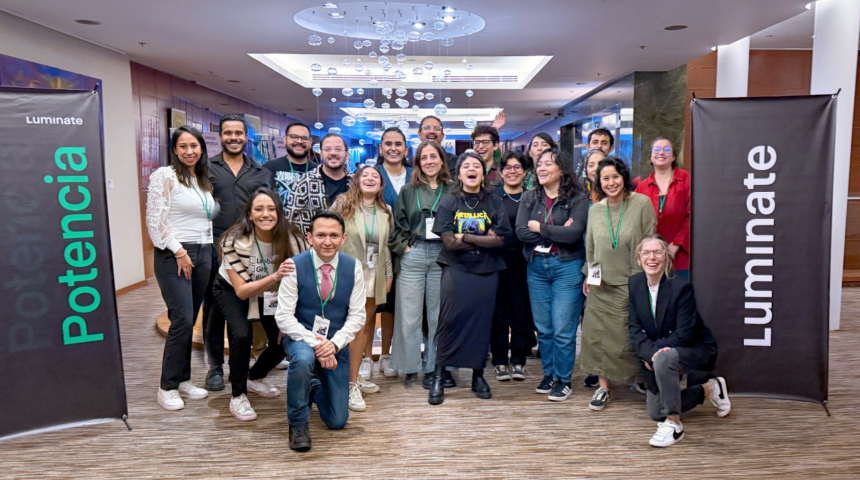
Potencia: The power of beyond-the-grant support
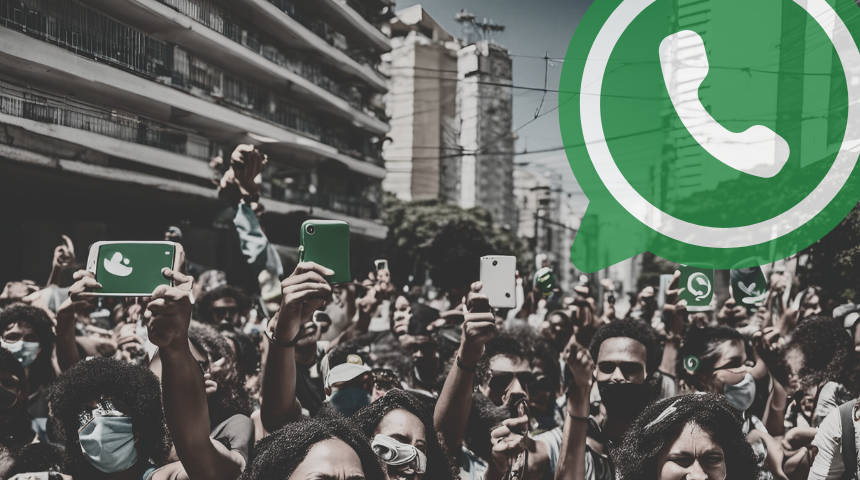
How Brazilians are defending their digital rights
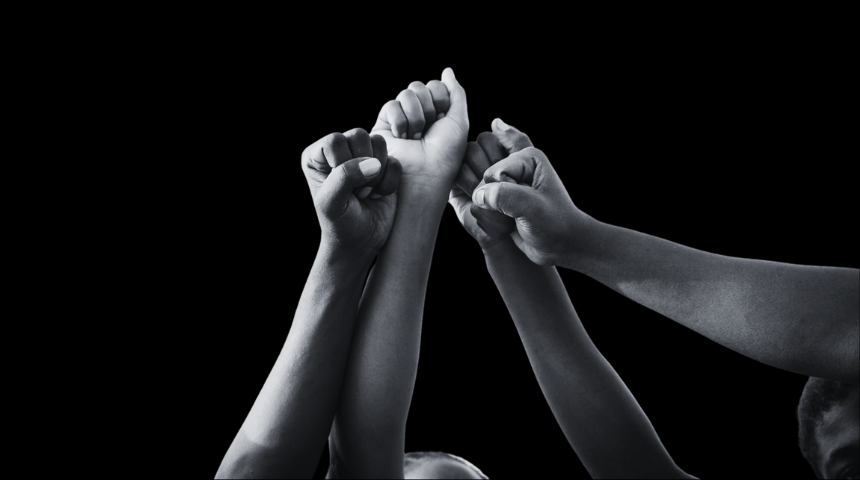
Black Awareness Day in Brazil: Why we must boost political representation
